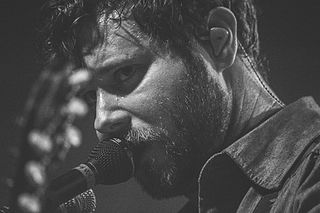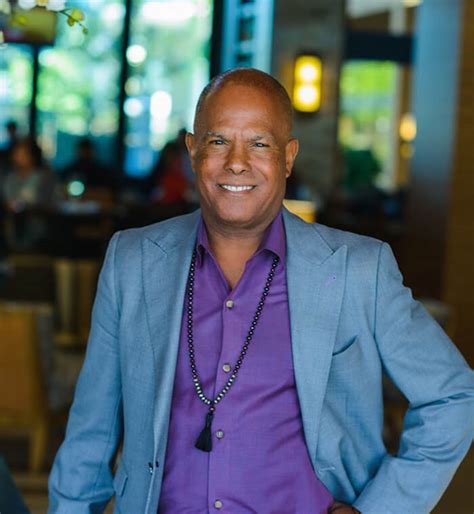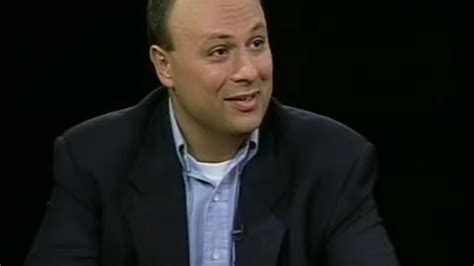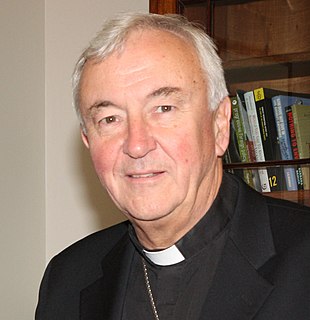A Quote by Mark Epstein
If things do not exist as fixed, independent entities, then how can they die? Our notion of death as the sudden expiration of that which was once so real starts to unwind. If things do not exist in their own right and are flickering rather than static, then we can no longer fear their ultimate demise. We may fear their instability, or their emptiness, but the looming threat of death starts to seem absurd. Things are constantly dying, we find. Or rather, they are constantly in flux, arising and passing away with each moment of consciousness.
Quote Topics
Absurd
Arising
Away
Consciousness
Constantly
Death
Death Star
Demise
Die
Dying
Each
Emptiness
Entities
Exist
Fear
Find
Fixed
Flickering
Flux
How
Independent
Instability
Longer
Looming
May
Moment
Notion
Once
Our
Own
Passing
Passing Away
Rather
Real
Right
Seem
Starts
Static
Sudden
Than
Then
Things
Threat
Ultimate
Unwind
Which
Related Quotes
Beauty consists of its own passing, just as we reach for it. It’s the ephemeral configuration of things in the moment, when you see both their beauty and their death. ...Does this mean that this is how we must live our lives? Constantly poised between beauty and death, between movement and its disappearance? Maybe that’s what being alive is all about: so we can track down those moments that are dying.
We're constantly dealing with old problems under the circumstance of new variables, so just things like greed and fear and anger and inequality are issues that humanity has constantly dealt with. The parameters and the variables change but these are old things. And discussing those things is slightly more timeless rather than focusing on one tiny thing.
The emotion of fear often works overtime. Even when there is no immediate threat, our body may remain tight and on guard, our mind narrowed to focus on what might go wrong. When this happens, fear is no longer functioning to secure our survival. We are caught in the trance of fear and our moment-to-moment experience becomes bound in reactivity. We spend our time and energy defending our life rather than living it fully.
But we are not interested in death at all: rather, we escape the facts, we are continuously escaping the facts. Death is there, and every moment we are dying. Death is not something far away, it is here and now: we are dying. But while we are dying we go on being concerned about life. This concern with life, this over concern with life, is just an escape, just a fear. Death is there, deep inside - growing.
Assuredly whatsoever things are fabled to exist in deep Acheron, these all exist in this life. There is no wretched Tantalus, fearing the great rock that hangs over him in the air and frozen with vain terror. Rather, it is in this life that fear of the gods oppresses mortals without cause, and the rock they fear is any that chance may bring.
Let there be two possible things, A and B, one of which is such that it is necessary that it exists, and let us assume that there is more perfection in A than in B. Then, at least, we can explain why A should exist rather than B and can foresee which of them will exist; indeed, this can be demonstrated, that is, rendered certain from the nature of the thing.
Natural death is independent of all reason and is really an irrational death, in which the pitiable substance of the shell determines how long the kernel is to exist or not; in which, accordingly, the stunted, diseased and dull witted jailer is lord, and indicates the moment at which his distinguished prisoner shall die.
I am rather partial to Shakespeare, though I haven't done loads. But when it's done right, there's nothing like it. There are layers upon layers upon layers, and you unpack new things constantly. I don't know how he knew so many things - about the world, about women, about human nature, life, death, our fears and hopes.
Gangsters live for the action. The closer to death, the nearer to the heated coil of the moment, the more alive they feel. Most would rather succumb to a barrage of bullets from a roomful of sworn enemies than to the debilitation of old age, dying the death of the feeble. A gangster becomes as addicted to the thrill of the battle and the potential to die in the midst of it as he does to he more attractive lures in his path. In his world, the potential for death exists every day. The better gangsters don't shy away from such a dreaded possibility but rather find comfort in its proximity.
When one existentially awakens from within, the relation of birth-and-death is not seen as a sequential change from the former to the latter. Rather, living as it is, is no more than dying, and at the same time there is no living separate from dying. This means that life itself is death and death itself is life. That is, we do not shift sequentially from birth to death, but undergo living-dying in each and every moment.


































